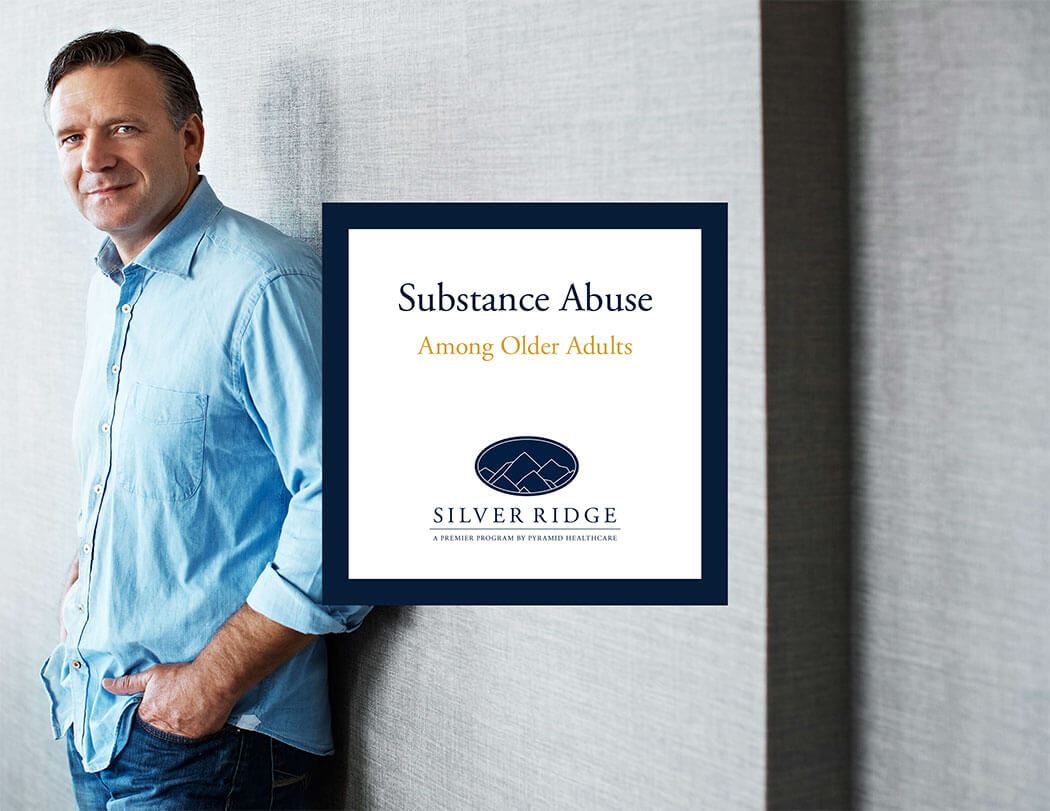Addiction is a complex disease that affects nearly 23 million Americans.1 Older adults struggling with a substance use disorder face a number of unique challenges. The Substance Abuse and Mental Health Services Administration points out that even as the number of older adults with an addiction continues to grow, this population remains under-diagnosed and under-treated.
Understanding the underlying causes of addiction among older adults and the challenges they face in getting help for an addiction can help you determine whether you or an aging loved one needs help recovering from a substance use disorder.
Substance Abuse, Addiction and Dependence
Previous editions of the Diagnostic and Statistical Manual of Mental Disorders had separate diagnostic criteria for substance abuse, addiction and dependence. The newest edition combines these under the umbrella of “substance use disorder,” or SUD, and classifies it as mild, moderate or severe.
Still, the terms substance abuse, addiction and dependence are still widely used, and in many cases, they’re used interchangeably. But they aren’t the same. Understanding the difference between substance abuse, addiction and dependence is important for understanding how these are diagnosed and treated.
Substance Abuse
Substance abuse is the act of using drugs or alcohol in a way that causes problems in your life. These may include health, relationship, legal or financial problems. They may also include engaging in risky behaviors while under the influence, such as driving while intoxicated or engaging in unsafe sex.
The most common form of substance abuse is binge drinking, which is considered drinking enough alcohol in the space of two hours to increase your blood alcohol level to .08 percent. For women, this is typically four drinks, and for men, it’s five drinks. Although substance abuse isn’t the same as addiction or dependence, it can lead to both.
Addiction
Addiction is characterized by compulsive drug use despite negative consequences. If you’re addicted, you’ll find that you can’t stop using drugs or alcohol for the long-term, even if you want to or have tried to.
Addiction is a disease marked by brain changes that affect the way you think and behave. Chronic drug or alcohol use changes the structures and functions of the brain, particularly affecting the learning, memory and reward centers. Your brain begins to associate liking drugs or alcohol with wanting them.
The mechanism that leads you to eventually crave drugs is the same one that drives you to eat food and procreate. Your brain links drug use with survival, and this powerful connection makes it extremely difficult to stop using drugs or alcohol on your own. The National Institute on Drug Abuse stresses that willpower and good intentions are rarely enough to overcome an addiction for the long-term.2 Professional help is almost always needed.
Dependence
While it’s possible to be addicted but not dependent or dependent but not addicted, addiction and dependence typically occur together.
Dependence is the result of changes in brain function that lead to withdrawal symptoms that set in when you stop using drugs or alcohol. As you chronically abuse…
References:



